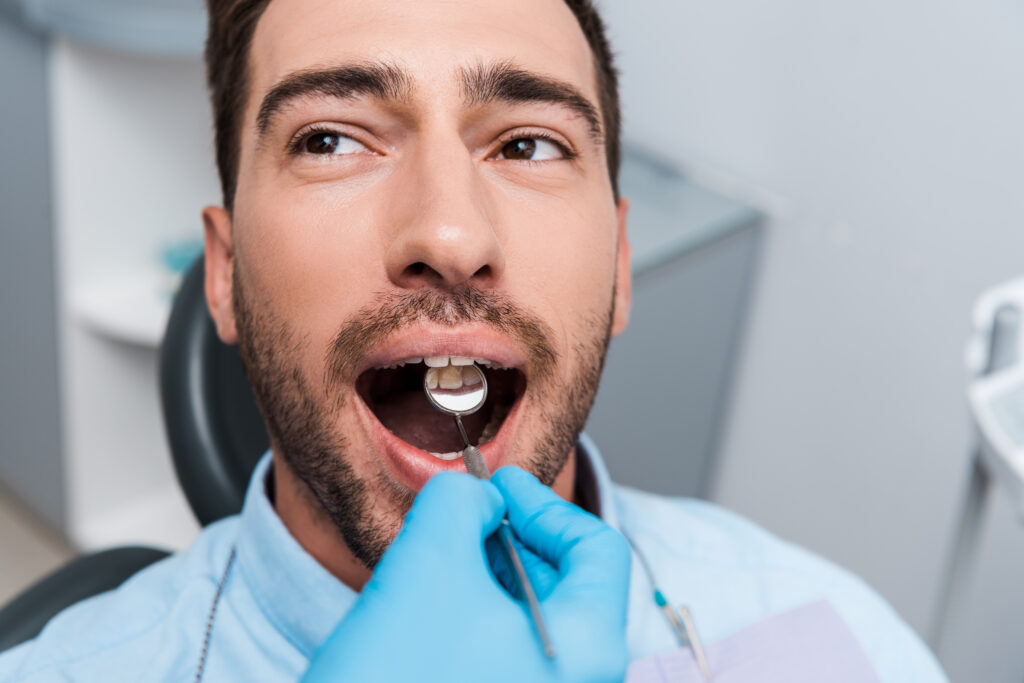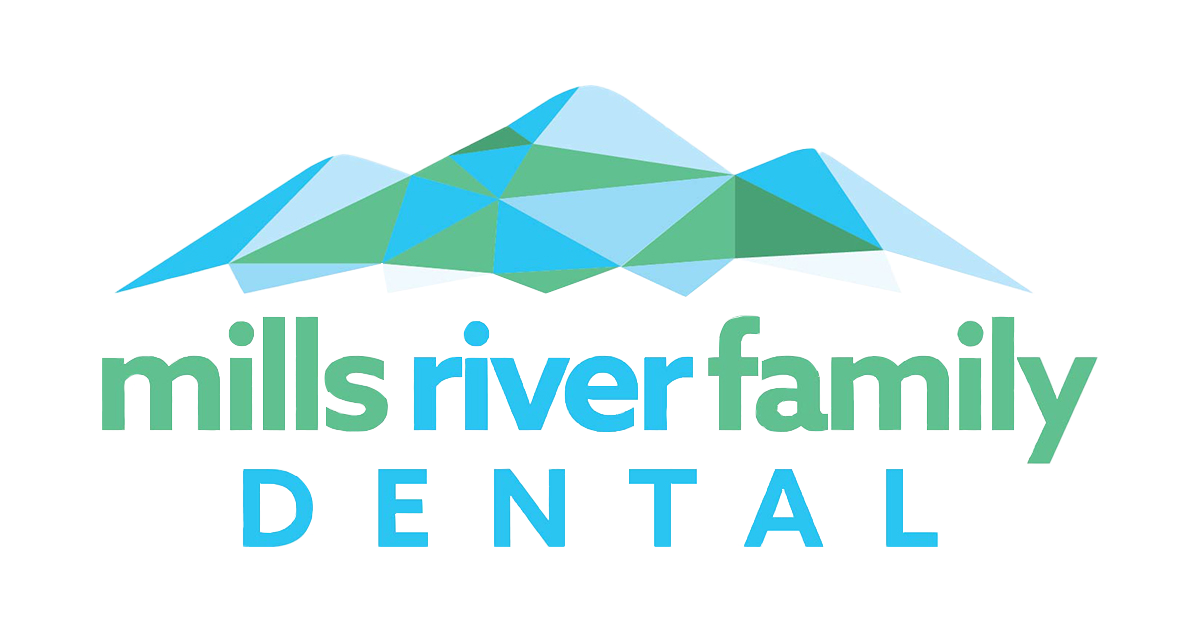
If you have ever experienced dental surgery or have had your wisdom teeth removed, you have most likely heard the word “anesthesia.” It is an agent that helps dentists and oral surgeons safely perform procedures and allows patients to feel comfortable during potentially painful or nerve-wracking situations. Continue reading to learn more about anesthesia and dental surgeries. If you are in need of oral surgery, feel free to reach out to us at Mills River Family Dental.
#1: What Is Anesthesia?
Anesthesia is a medication that is used for the purpose of numbing a person’s pain when under surgery. Anesthesia is used to numb pain for things like dental procedures, body surgeries, screenings, tissue tests, and other types of medical work. When under anesthesia, a person cannot move or feel the procedure as it is being performed. There are a few different types of anesthetic drugs that have been developed for different purposes/to treat different types of people with varying levels of pain. Most anesthetics are administered through an injection to the arm, but some are inhaled through the nose or mouth as a gas, using a topical lotion or skin patch, or through eye drops.
#2: Sleep And Sedation
A question that is commonly asked about anesthesia is whether it causes a patient to fall asleep. The answer to this question is yes and no. Anesthetics do sedate most patients (rarely people will stay awake) when administered, but it is not the same thing as sleep because a person who is under anesthesia cannot be prodded awake like a sleeping person. A person will naturally wake up after the anesthesia has taken its course. However, it is important to keep in mind that tiredness may linger with a person for a few days after being administered anesthetics.

#3: Is It Safe?
Many people have a fear of being sedated due to movies or horror stories about never waking up or awaking with horrible complications. The truth about anesthesia is that it is extremely safe. It allows many people to receive life-saving and life-improving procedures and treatments each and every day.
Without anesthetics, many people would be living with terrible pain or illnesses or would have passed away. That being said, there are very rare instances when anesthesia can cause health issues, specifically when a person is allergic to the medicine. But, this is only a very small percentage of the population even within older age groups, emergency situations, and individuals who already have medical complications.
#4: Side-Effects
While anesthesia is indeed safe in terms of long-term compilations, there are certain side-effects that an individual should be prepared for if they intend to be put under anesthesia. Anesthetics can sometimes cause side-effects such as nausea and vomiting in the hours following a procedure. Delirium is also common, especially in older patients; confusion can last up to a week. Chills, itching, and muscle aches are all also customary side-effects of anesthesia. The best way to avoid these issues is to consult your dentist and an anesthesiologist, so that an individualized plan can be created for you.
Do You Need An Oral Surgeon Or Other Dental Health Services?

If you are in need of oral health services including wisdom tooth removal or other procedures that require anesthesia, we at Mills River Family Dental would be happy to be your choice for professional dental services. We have experience helping clients who have a wide variety of different types of oral health issues and/or simply need to keep their teeth maintained. Our team is passionate and knowledgeable about oral health care. Feel free to reach out to us today for more information or to get in touch with one of our incredible dentists.

Follow Us